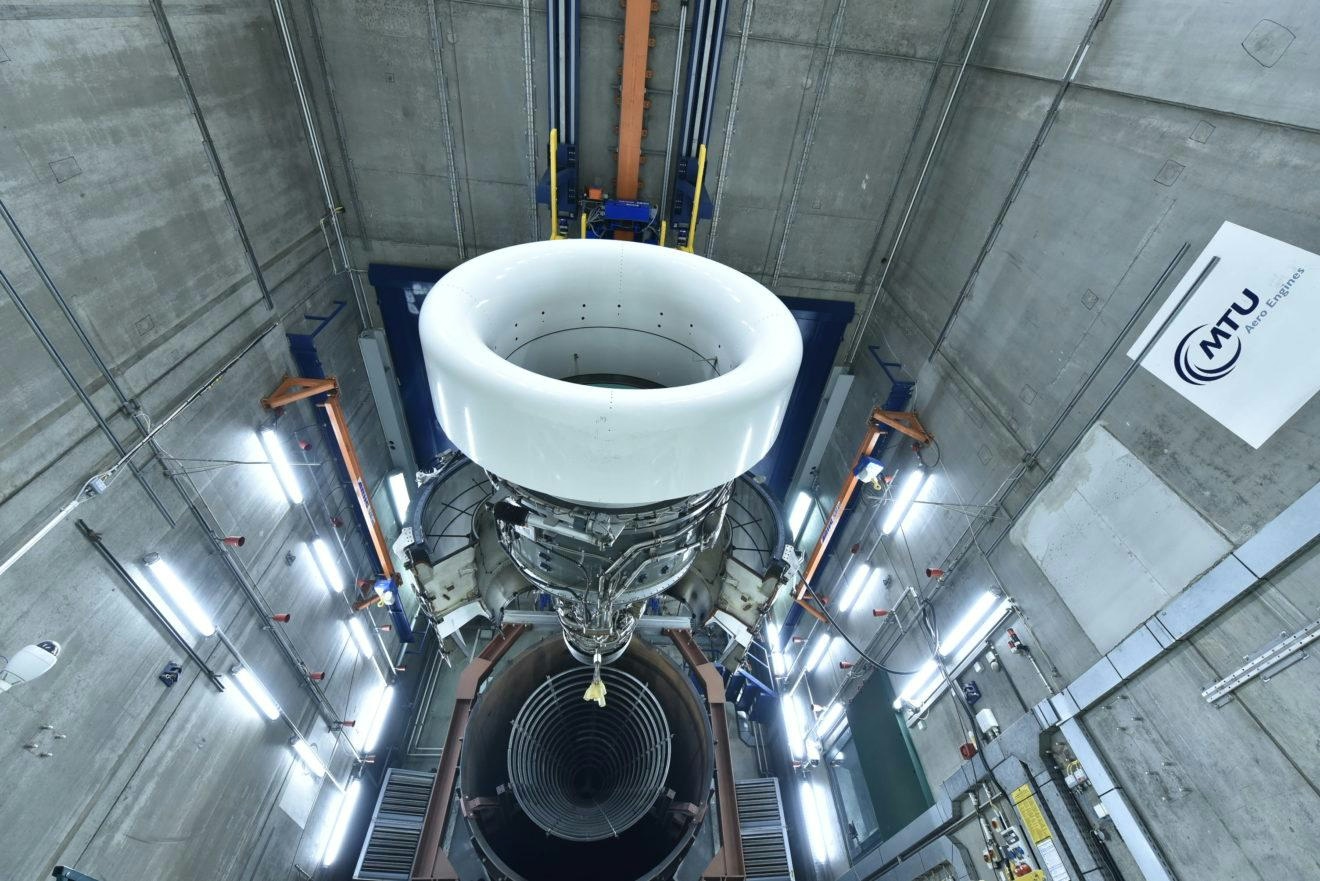AeroGenie — Ihr intelligenter Copilot.
Trends
Categories
MTU Aero Engines and the Recovery of Aerospace Profitability

MTU Aero Engines and the Recovery of Aerospace Profitability
As the global aviation sector gradually recovers, MTU Aero Engines has emerged as a prominent leader by strategically positioning itself within high-growth aerospace segments and emphasizing sustainability. The company’s updated guidance for 2025, alongside a notable expansion in EBIT margins, highlights its capacity to harness post-pandemic demand while adapting to a rapidly evolving industry environment.
Profitability and Financial Performance
MTU Aero Engines’ second-quarter results for 2025 underscore its operational resilience. The adjusted EBIT margin rose to 15.9%, up from 13.7% in the first half of 2024, driven by a favorable revenue mix in its original equipment manufacturer (OEM) business and strong demand for commercial engine maintenance. Operating profit increased by 40% year-over-year, reflecting MTU’s ability to translate industry momentum into tangible shareholder value.
In light of this performance, MTU has raised its revenue forecast for 2025 to between €8.6 billion and €8.8 billion, an increase from the previous range of €8.3 billion to €8.5 billion. The spare parts segment is anticipated to grow in the low- to mid-teens percentage range, while commercial maintenance is expected to expand in the mid- to high-teens. Additionally, free cash flow guidance has been revised upward to €300 million to €350 million, underscoring MTU’s uncommon capacity to generate cash within a capital-intensive industry.
Strategic Positioning in a Competitive Market
MTU’s strong performance is anchored in its focus on high-margin, high-demand aerospace sectors. The commercial maintenance business, particularly geared turbofan (GTF) maintenance, repair, and overhaul (MRO), accounted for 35% of first-half 2025 revenue and is projected to reach 40% for the full year. The company’s expansion into key markets such as China and the United States—including operations at the MTU Maintenance Zhuhai facility and partnerships like EME Aero in Poland—positions it to meet the growing global demand for MRO services.
The competitive landscape, however, is becoming increasingly intense. Joint ventures such as EME Aero are expanding test cell capacity in Poland, addressing industry bottlenecks and signaling proactive management of capacity constraints. MTU also faces mounting competition from other engine manufacturers and MRO providers, necessitating continuous innovation and operational excellence to maintain its market position.
Within the OEM segment, the ramp-up of the PW1100G-JM engine for the Airbus A320neo contributed 27% of commercial engine business revenue in the first half of 2025. Securing MRO licenses for the LEAP and GEnx engines further solidifies MTU’s role in next-generation propulsion systems, aligning with industry trends favoring narrowbody aircraft and efficient, low-emission engines.
Sustainability and Innovation as Core Drivers
Sustainability initiatives at MTU extend beyond corporate responsibility to serve as a key competitive advantage. The company has elevated its environmental targets, now aiming for a 60% reduction in Scope 1 and 2 emissions by 2035 compared to 2024 levels, surpassing its previous goal set for 2030. Investments in hydrogen fuel cell propulsion and the development of the Flying Fuel Cell™ technology demonstrate MTU’s commitment to transforming aviation’s carbon footprint.
Simultaneously, the industry’s transition toward hybrid-electric propulsion—highlighted by the U.S. Army’s collaboration with Electra Aero—presents both opportunities and challenges. MTU’s emphasis on additive manufacturing and its expanding footprint in defense technology further illustrate the company’s adaptability amid a swiftly changing aerospace landscape.

Factors Positioning Airbus for Leadership in 2026

Emirates Unveils Cabin Design for New Boeing 777X

Eighteen Years On, the Airbus A380 Remains Central to a $34 Billion Airline

How a boom in luxury airline seats is slowing down jet deliveries

Navitaire Outage Attributed to Planned Maintenance

Airbus Plans Record Delivery of 870 Aircraft in 2026

DigiYatra Debuts Outside Aviation at India AI Impact Summit

Vietnam Orders Strengthen Boeing’s Commercial Outlook

Airbus Signals Uncertainty Over Future A400M Orders

JobsOhio Awards $2 Million Grant to Hartzell Propeller for Innovation Center
